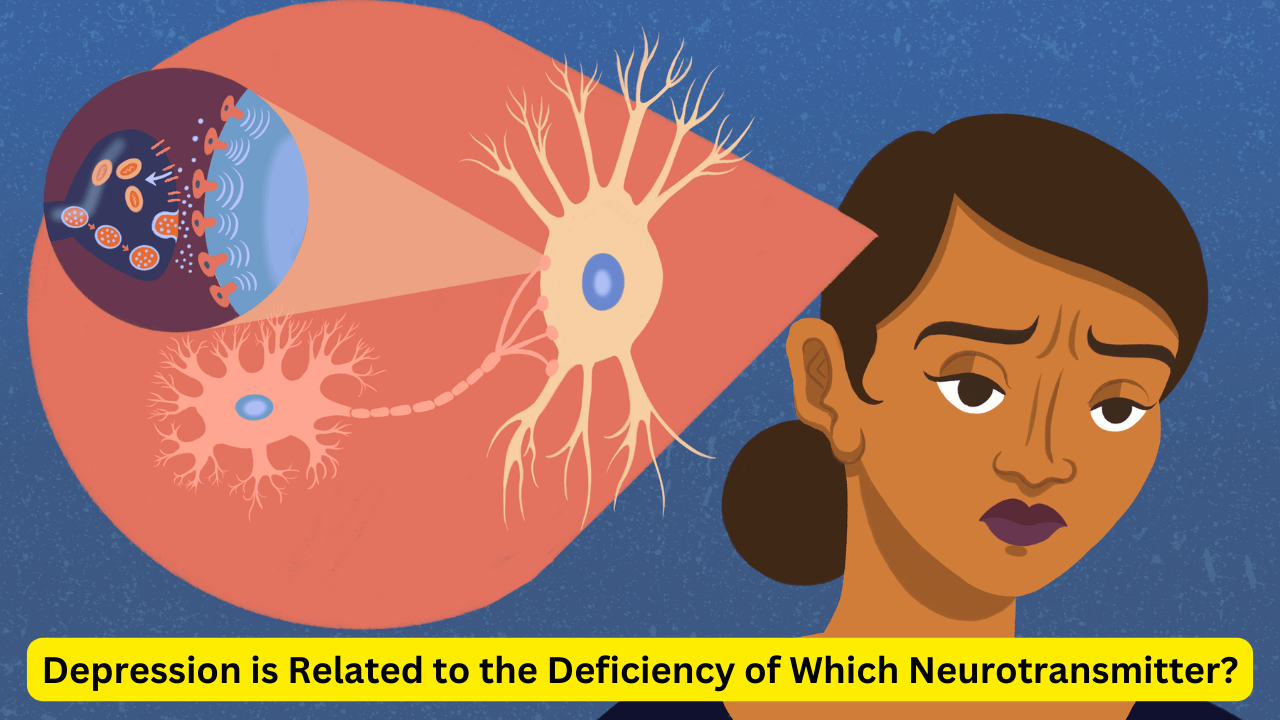Does Screen Time Affect Sleep?

Does Screen Time Affect Sleep? How Screen Use Before Bedtime Impacts Adolescent Sleep, In today’s digital age, screen time has become an integral part of daily life, especially for adolescents. With the increasing reliance on smartphones, tablets, and computers, concerns have been raised about the impact of screen use before bedtime on sleep quality. A recently published study in the Journal of Youth Health has shed light on this issue, investigating the association between pre-bedtime screen use and sleep outcomes in adolescents after one year. The findings suggest that screen use before bedtime is linked to shorter sleep duration and increased sleep disturbances in early adolescence. This article delves into the details of the study and explores the implications of screen time on adolescent sleep.
The Study: Screen Use and Adolescent Sleep
Overview of the Study
The study conducted by researchers at the Journal of Youth Health aimed to examine the long-term effects of screen use before bedtime on adolescent sleep patterns. The researchers followed a cohort of adolescents over a year, assessing their screen time habits and sleep outcomes. The key findings were:
- Shorter Sleep Duration: Adolescents who used screens before bedtime experienced significantly shorter sleep durations.
- Increased Sleep Disturbances: These adolescents also reported higher instances of sleep disturbances, including difficulty falling asleep and frequent awakenings.
Methodology
The study involved a diverse group of adolescents aged 12-16. Participants were asked to log their screen time and sleep patterns over several months. The data collected was then analyzed to identify trends and correlations between screen use and sleep outcomes.
The Impact of Screen Time on Sleep
Shorter Sleep Duration
One of the most significant findings of the study was the association between screen time and shorter sleep duration. Adolescents who engaged in screen use before bedtime slept, on average, 30-60 minutes less than their peers who did not use screens before bed. This reduction in sleep duration can have several negative consequences:
- Decreased Academic Performance: Sleep deprivation can impair cognitive functions, leading to decreased attention, memory, and overall academic performance.
- Mood Disorders: Lack of sleep is linked to increased risk of mood disorders such as depression and anxiety.
- Physical Health Issues: Chronic sleep deprivation can lead to long-term health issues, including obesity and weakened immune function.
Increased Sleep Disturbances
In addition to shorter sleep duration, the study found that screen use before bedtime was associated with increased sleep disturbances. Adolescents reported difficulties falling asleep, frequent awakenings during the night, and poor sleep quality overall. These disturbances can be attributed to several factors:
- Blue Light Exposure: Screens emit blue light, which can interfere with the production of melatonin, the hormone responsible for regulating sleep.
- Mental Stimulation: Engaging with stimulating content such as social media, video games, or intense conversations can make it harder for the brain to wind down.
- Emotional Arousal: Interactions and content on screens can lead to emotional arousal, making it difficult to relax and fall asleep.
Strategies to Mitigate the Impact of Screen Time on Sleep
Limiting Screen Use Before Bedtime
One of the most effective ways to mitigate the impact of screen time on sleep is to limit screen use before bedtime. Establishing a “screen-free” period at least one hour before bed can help improve sleep quality. Encourage adolescents to engage in relaxing activities such as reading, listening to music, or practicing mindfulness.
Adjusting Screen Settings
For adolescents who find it challenging to reduce screen time, adjusting screen settings can help. Many devices have features that reduce blue light emission, such as “night mode” or “blue light filter.” Utilizing these settings can help minimize the impact of blue light on melatonin production.
Creating a Sleep-Friendly Environment
Creating a sleep-friendly environment can also improve sleep quality. Ensure the bedroom is dark, quiet, and cool. Encourage the use of blackout curtains and white noise machines if necessary. Limiting exposure to other forms of light, such as bright room lighting, can also be beneficial.
The Role of Parents and Guardians
Setting Boundaries
Parents and guardians play a crucial role in managing adolescents’ screen time. Setting clear boundaries and establishing rules around screen use can help create healthy habits. For example, setting a curfew for screen use or designating specific times for device usage can be effective.
Leading by Example
Parents can also lead by example by demonstrating healthy screen habits. Reducing their own screen use before bedtime and engaging in family activities that do not involve screens can encourage adolescents to follow suit.
Educating About the Impact of Screen Time
Educating adolescents about the potential impact of screen time on sleep is essential. Providing them with information about the importance of sleep and the consequences of sleep deprivation can motivate them to adopt healthier habits.
Conclusion
The study published in the Journal of Youth Health provides valuable insights into the association between screen use before bedtime and sleep outcomes in adolescents. The findings highlight the need for awareness and proactive measures to address the negative impact of screen time on sleep. By implementing strategies such as limiting screen use before bed, adjusting screen settings, creating a sleep-friendly environment, and setting boundaries, we can help adolescents achieve better sleep quality and overall well-being.




